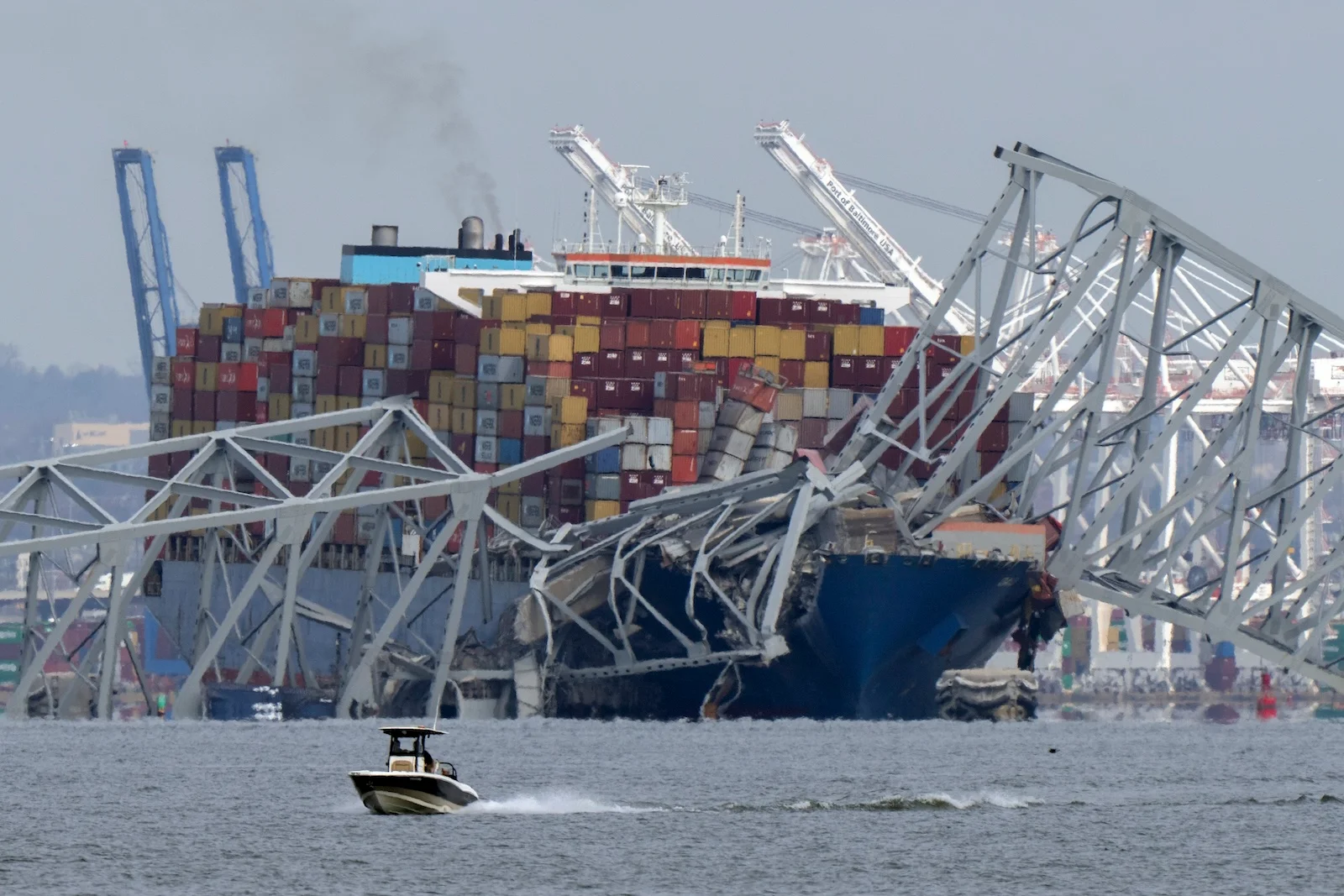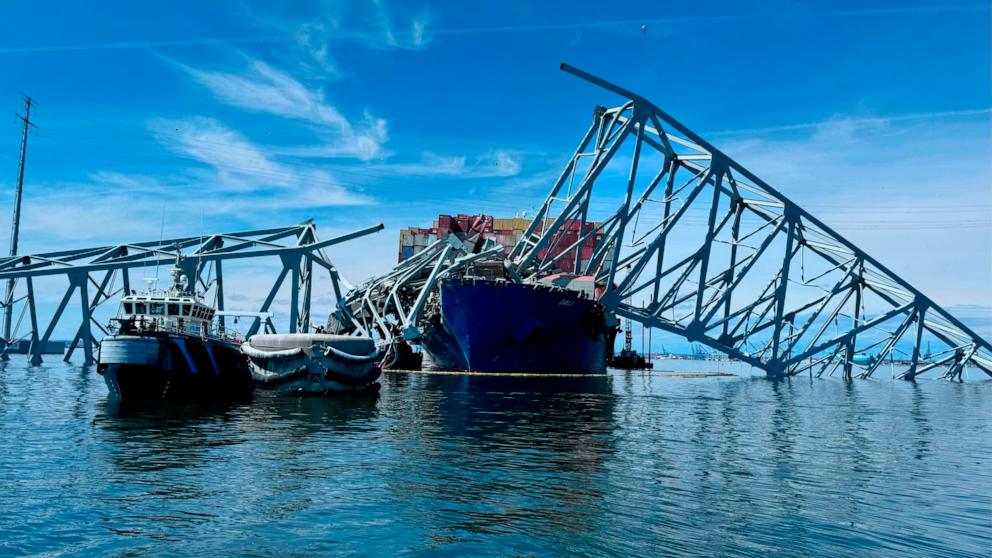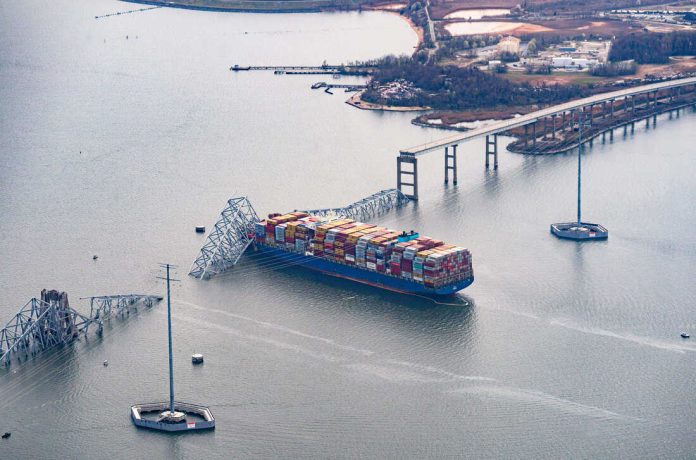Over 500 businesses impacted by the collapse of the Francis Scott Key Bridge in Baltimore have already sought assistance through long-term, low-interest loans, as reported by the Small Business Administration to Forbes on Thursday.
This action marks one of the initial endeavors by the Biden administration to support the multitude of workers and businesses left stranded due to the closure of the port.
SBA Administrator Isabel Casillas Guzman highlighted the immediate effects of the bridge collapse, particularly on supply chain, logistics, and transportation companies centered around the port.
She also underscored the broader repercussions felt by small businesses in Maryland, Delaware, and Pennsylvania due to the incident.

More than 500 small businesses have already submitted applications for disaster relief loans, intended to sustain payroll and operational needs until the port resumes operations.
The SBA is extending 30-year loans with interest rates set at 4% for businesses and 3.25% for nonprofits, with payments deferred for a year after the initial disbursement.
Applicants can apply for loans through the SBA’s website and seek additional information via recovery centers or email.
The agency has a history of providing similar assistance during past disasters, such as Hurricane Katrina, where a significant portion of loans was eventually forgiven.
Despite progress, the duration of disruptions remains uncertain. Secretary of Transportation Pete Buttigieg acknowledged uncertainties regarding the bridge restoration timeline.
However, the Army Corps of Engineers’ creation of temporary channels around the debris signals efforts to establish alternate routes for commercial vessels.

The Biden administration is actively engaged in relief efforts, convening discussions with key stakeholders and establishing small business recovery centers to provide advisory services.
The collapse of the Francis Scott Key Bridge on March 26th, resulting from a collision with the MV Dali cargo ship, severed a critical transportation artery, affecting more than 40 ships and disrupting the movement of goods worth millions of dollars daily.
In response to concerns over funding for bridge reconstruction, some Republicans advocate for holding responsible parties accountable, while others propose linking infrastructure investment to unrelated policy priorities.
The administration’s commitment to comprehensive recovery efforts underscores the urgency of addressing the bridge collapse fallout and restoring normalcy to affected communities.


